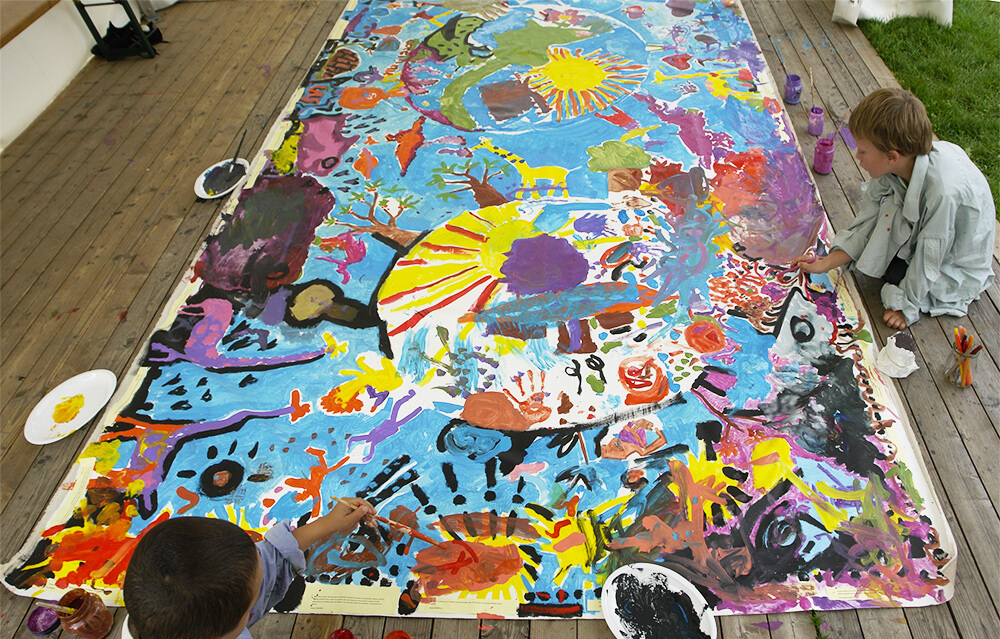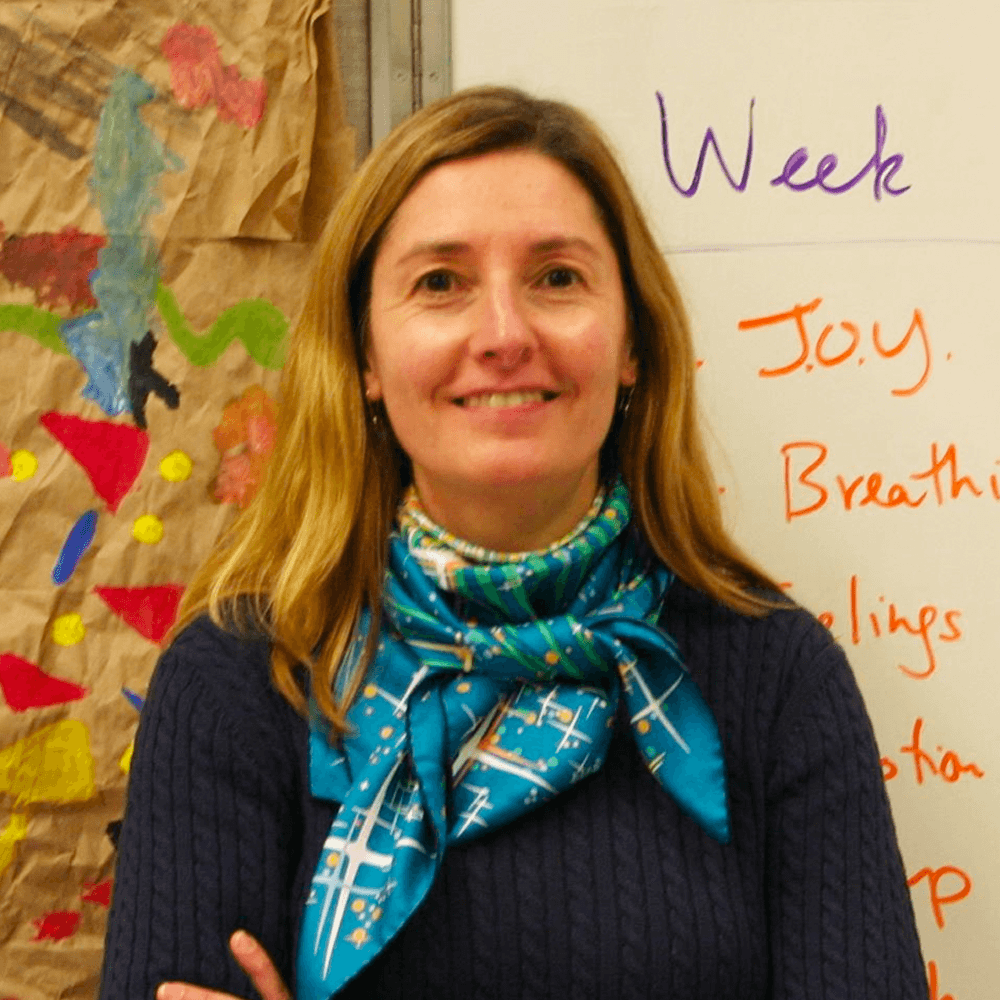Using Arts-Based Activities to Collect Program Evaluation Data
Sometimes, working with youth can be challenging, daunting, and even painful. Bringing fun and creativity to our work can be energizing for us, and can also sustain us through difficult moments.
I’ve been studying the facilitation of arts-based methods in group work with marginalized children and youth for almost 10 years. I’ve also trained several graduate students to use arts-based activities to collect research data for their own projects. And, at the YouthREX Northeastern Hub, we encourage our clients to be creative! For program evaluation purposes, I highly recommend using arts-based activities with youth for several reasons that I will identify in this blog.
1. Arts-based methods are engaging.
It can be a challenge to engage marginalized youth. Often, they are not interested in talking about their problems or experiences, or may lack the skills to effectively do so. Arts-based activities are fun. Youth are more likely to invest time in something that they find enjoyable and non-threatening. Also, in a group setting, the experience of fun and creativity can help to build group cohesion and understanding. Moreover, arts-based methods are relevant and meaningful ways for youth to communicate. It is important to meaningfully involve youth in our work.
Example: As part of my own research dissemination plans, we brought youth together and trained them to make a short Claymation film depicting their experiences with our arts-based group program. The film opens with a picture of a tree that has been cut down. However, there is new growth emerging from the top of the tree stump. The youth who drew this explained that he felt like he had been “cut down” but now had hope that he would find ways to grow again.
Sometimes it can be hard to express one’s experience, feelings and thoughts in words but it’s possible to capture them in an art-based creation. For some projects, this process can then lead to events that are ultimately empowering for the participants.
2. Arts-based methods enable you to access information that might otherwise be difficult to elicit; the information is rich and interesting, even powerful.
Example: A social work graduate student that I supervised facilitated a research project with a small group of Indigenous girls in high school. The girls took photographs that represented their lived experiences as Aboriginal girls growing up in small northeastern Ontario communities. The powerful pictures were coupled with written narratives and were eventually presented at a special event aimed at increasing community awareness of their life experiences that unfortunately included racism and intergenerational trauma. For another example, watch the YouthREX webinar “Art Jams” to learn about how collaborative and improvisational art-making gatherings can support communication and advocacy.
3. Arts-based methods are holistic and strengths-based.
Indeed, many cultures have deep connections with art as a form of expression and communication. In her blog, “What is Art for?,” Malchiodi explains that art-making makes life special, engages the senses, involves rituals, and enhances community.
In my experience, beginning with an art-making process can flatten power dynamics as youth are empowered to begin where they want to begin, and can address the issues that are most important to them.
Arts-based activities do not have to be complicated and remember, the point is not to teach art techniques (how to ‘do’ art). Thus, arts-based methods are accessible to a wide variety of helping practitioners. It doesn’t matter how well one can draw or paint because the art-making process and creations should be used as jumping off points for discussion and exploration. For example, drawing a mandala that represents one’s experience with a program could provide a rich tool for discussion and understanding. There are many online mandala drawing resources. Another option that we have used is to simply encourage youth to draw their feelings and thoughts within a circle. This works particularly well with some Indigenous youth for whom the circle has special meaning in that they can incorporate their cultural teachings into their art-making process and discussion.
Check out the links below for more information and resources on how to integrate arts-based processes in your youth program evaluation!
Arts-Based Programs
Lifted by Purpose
Sketch


